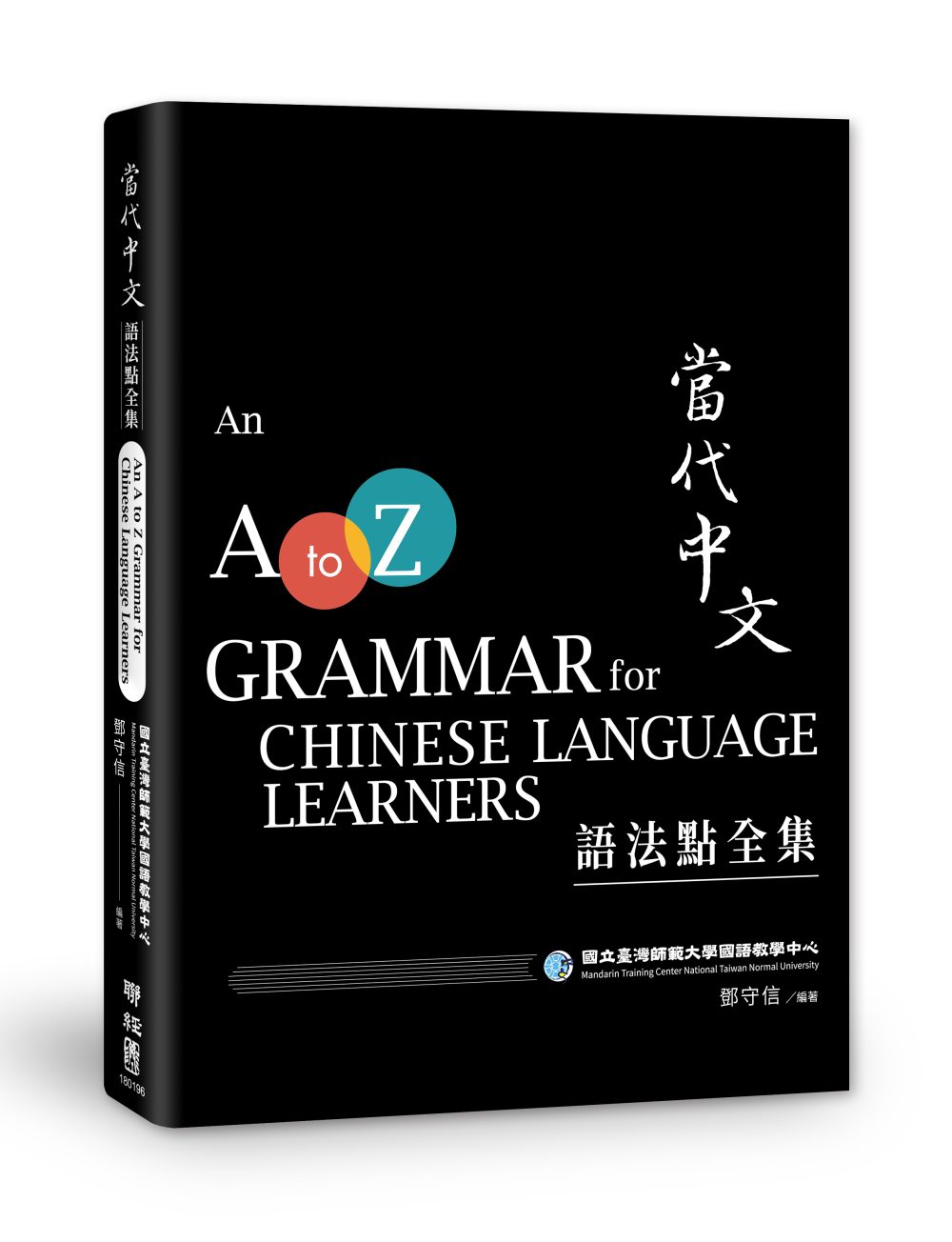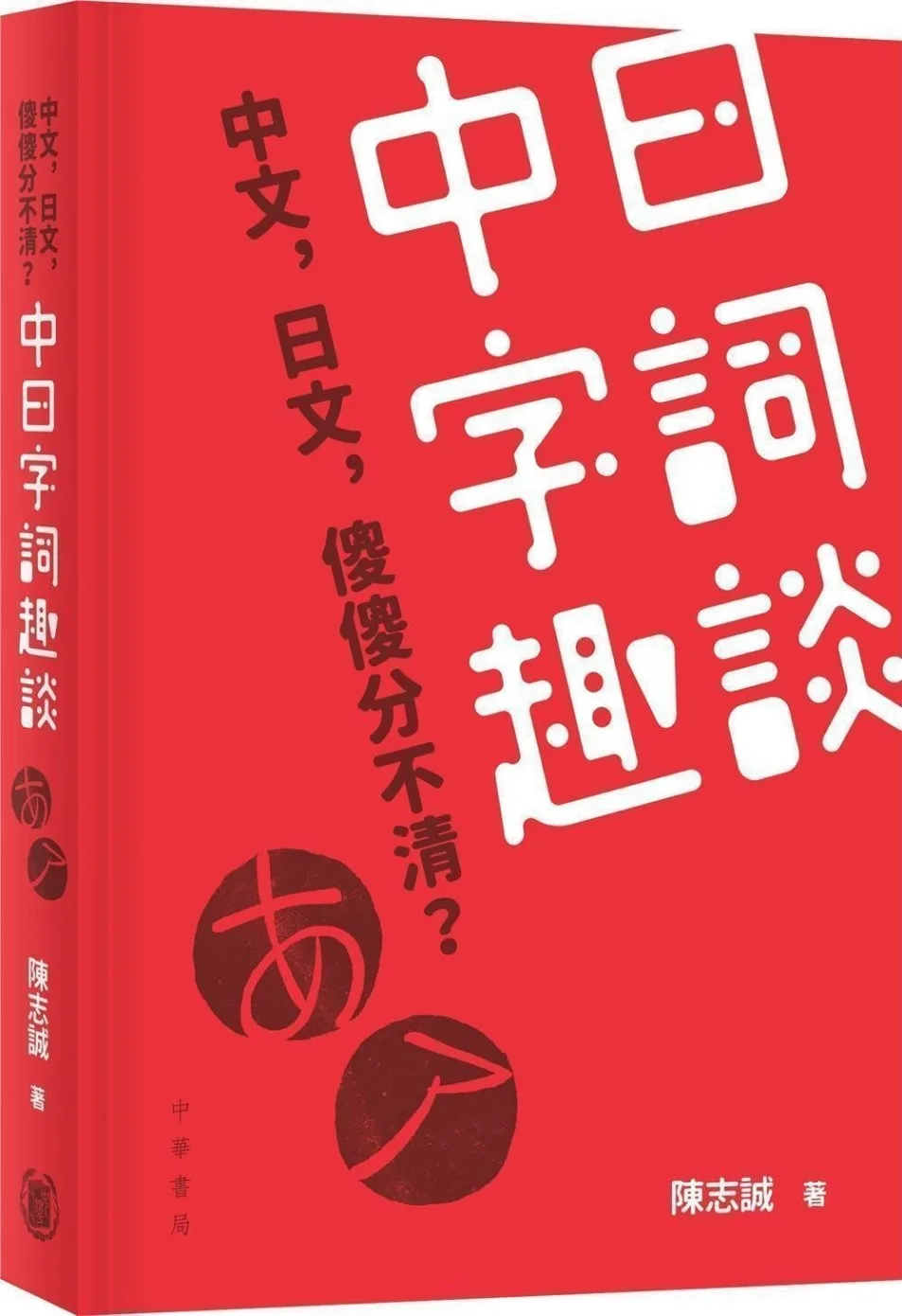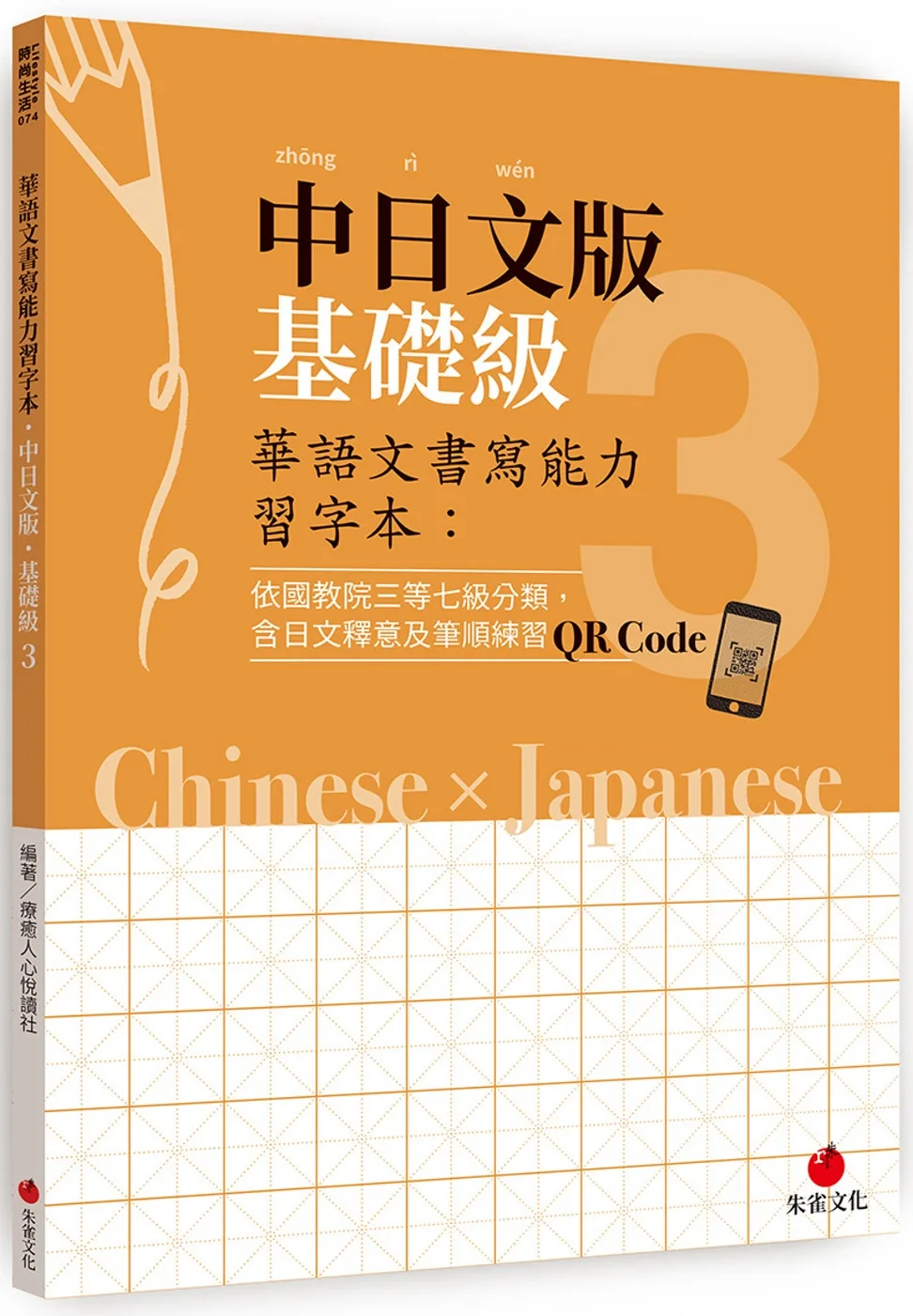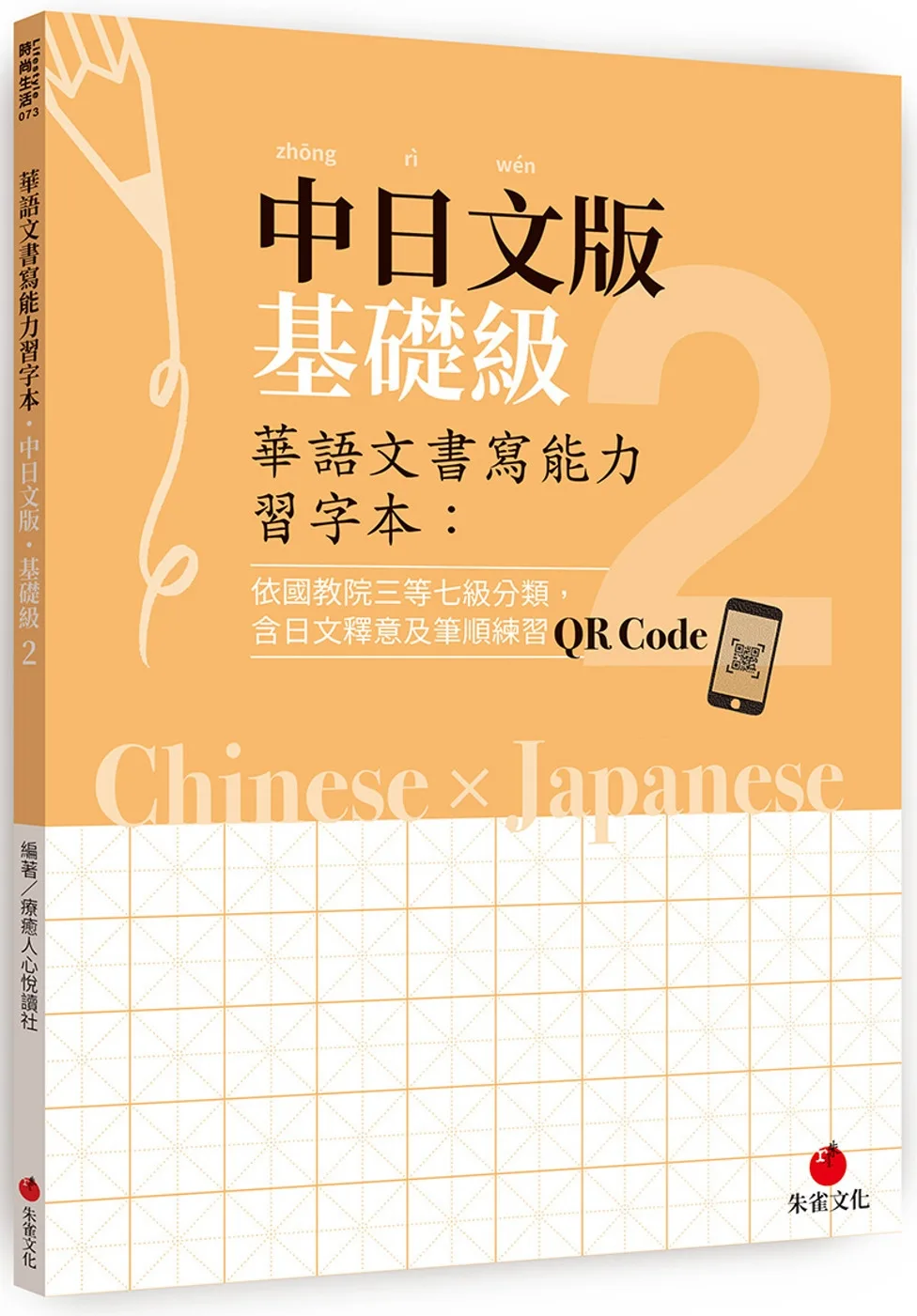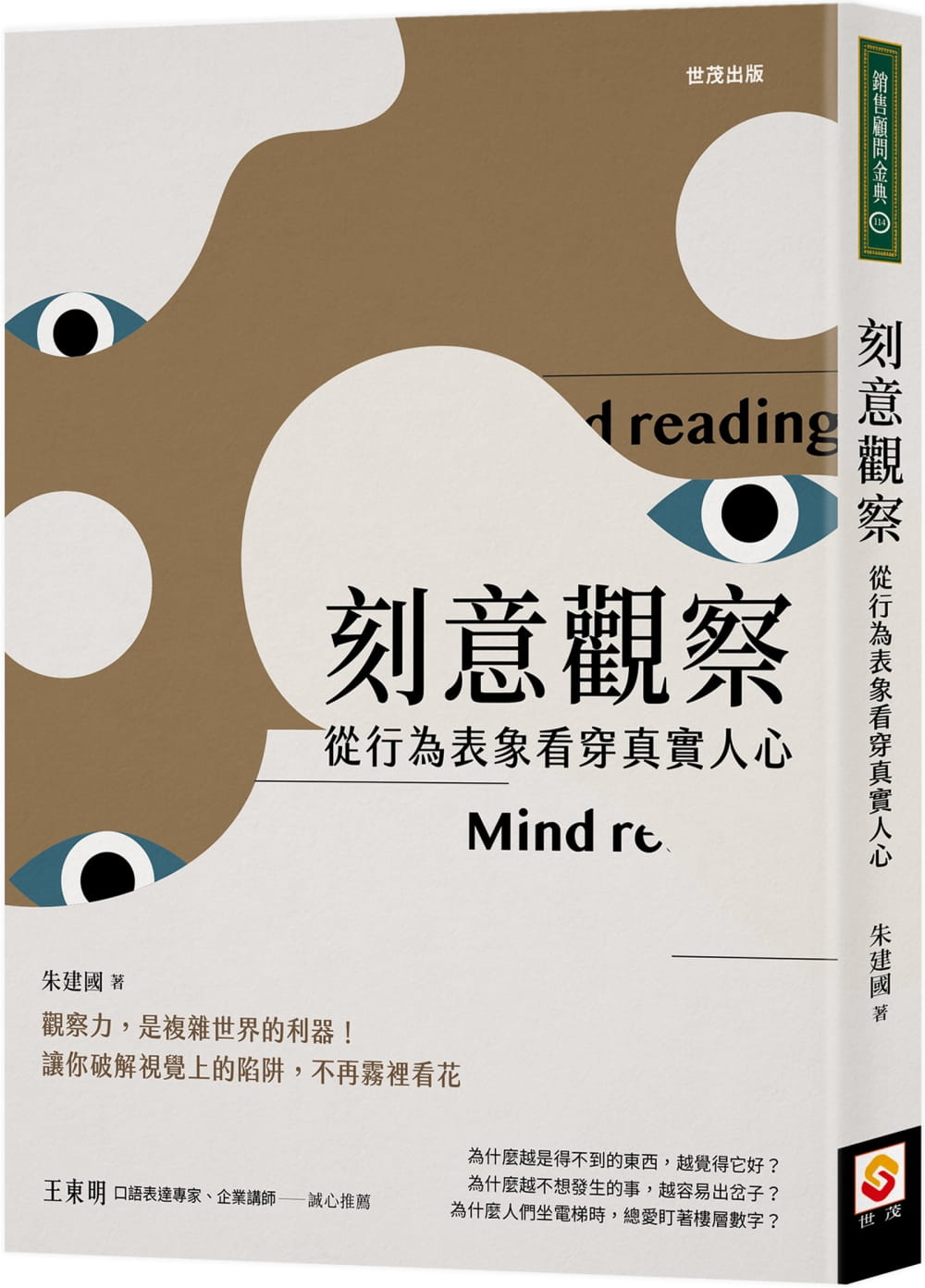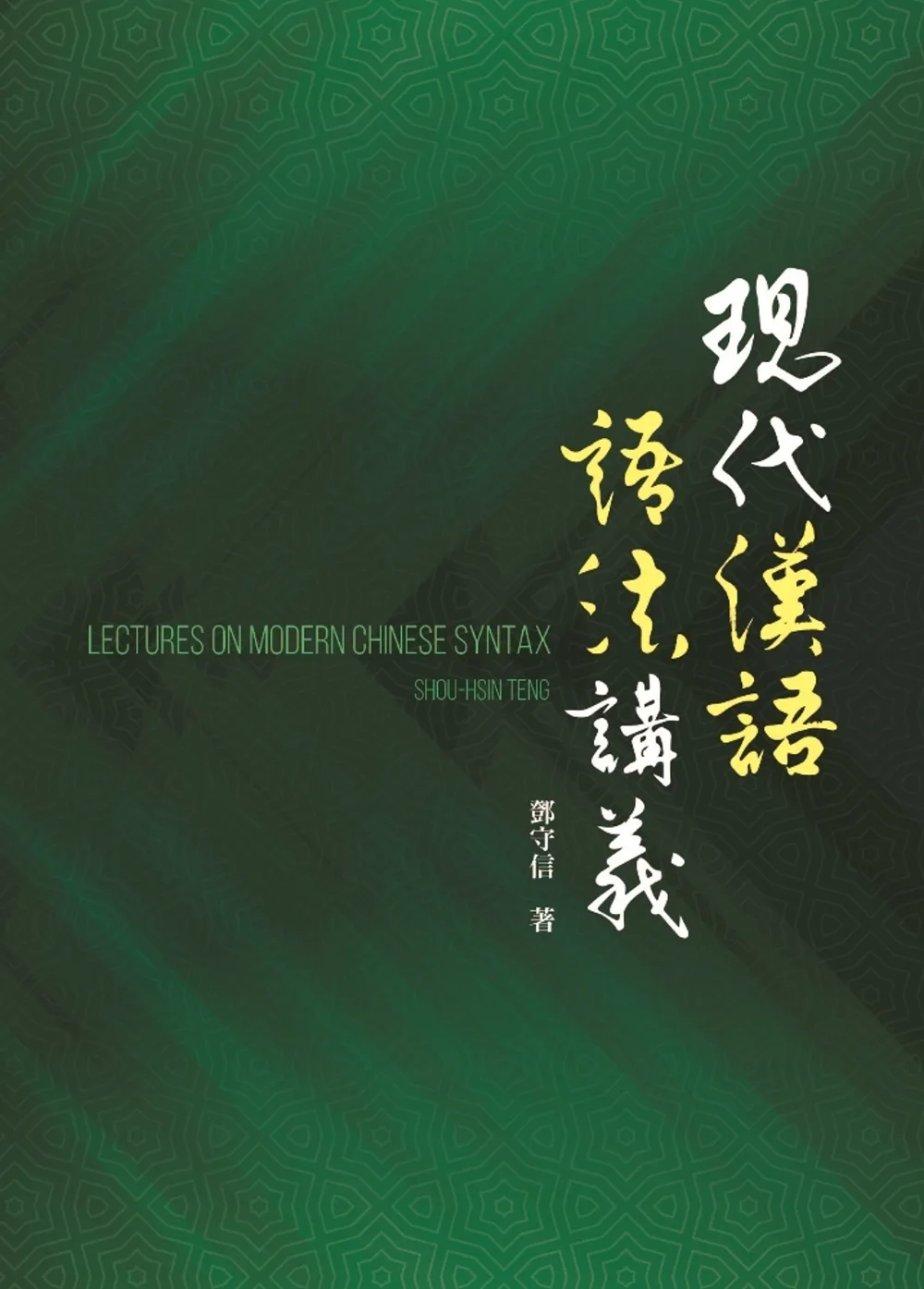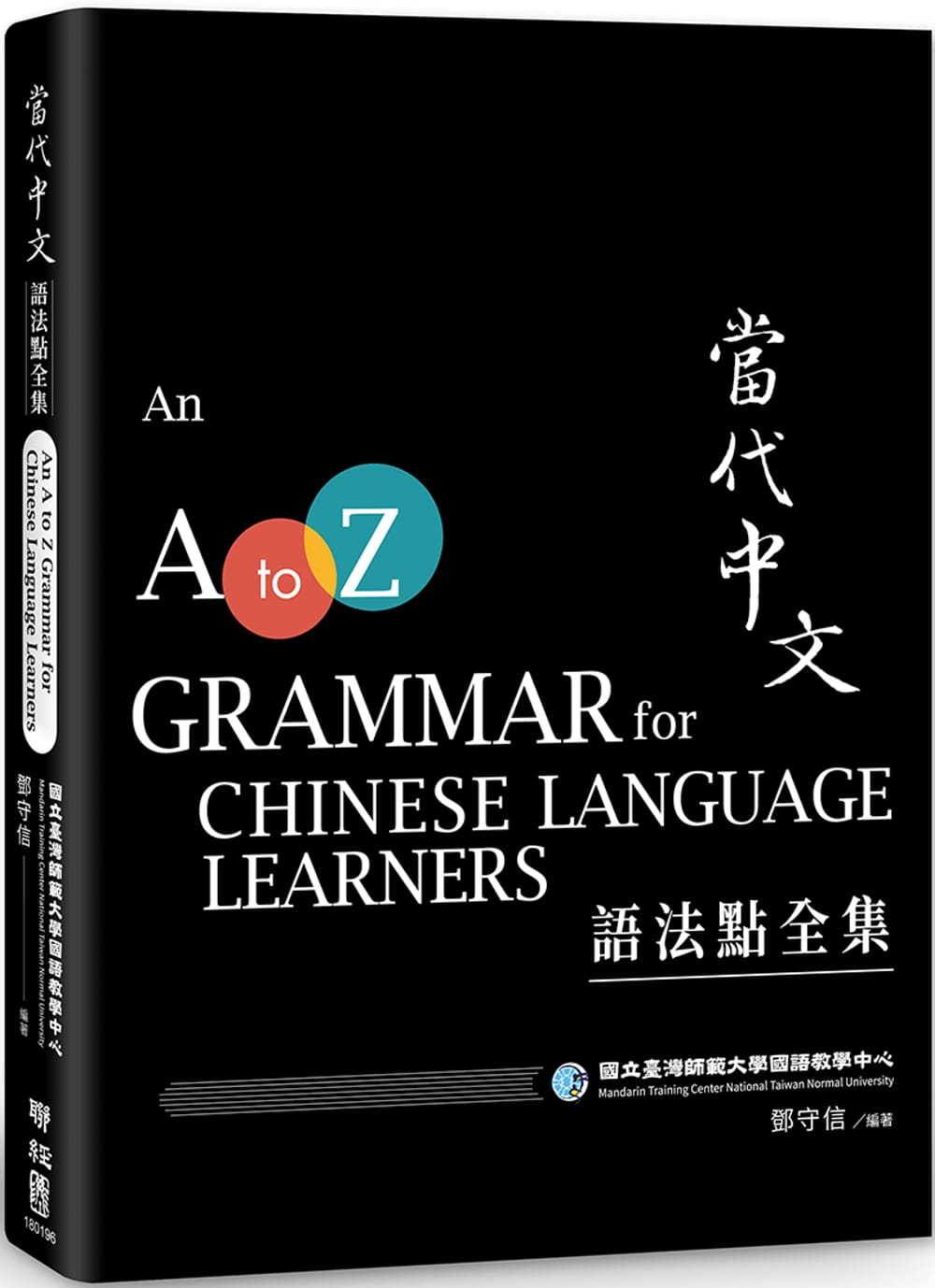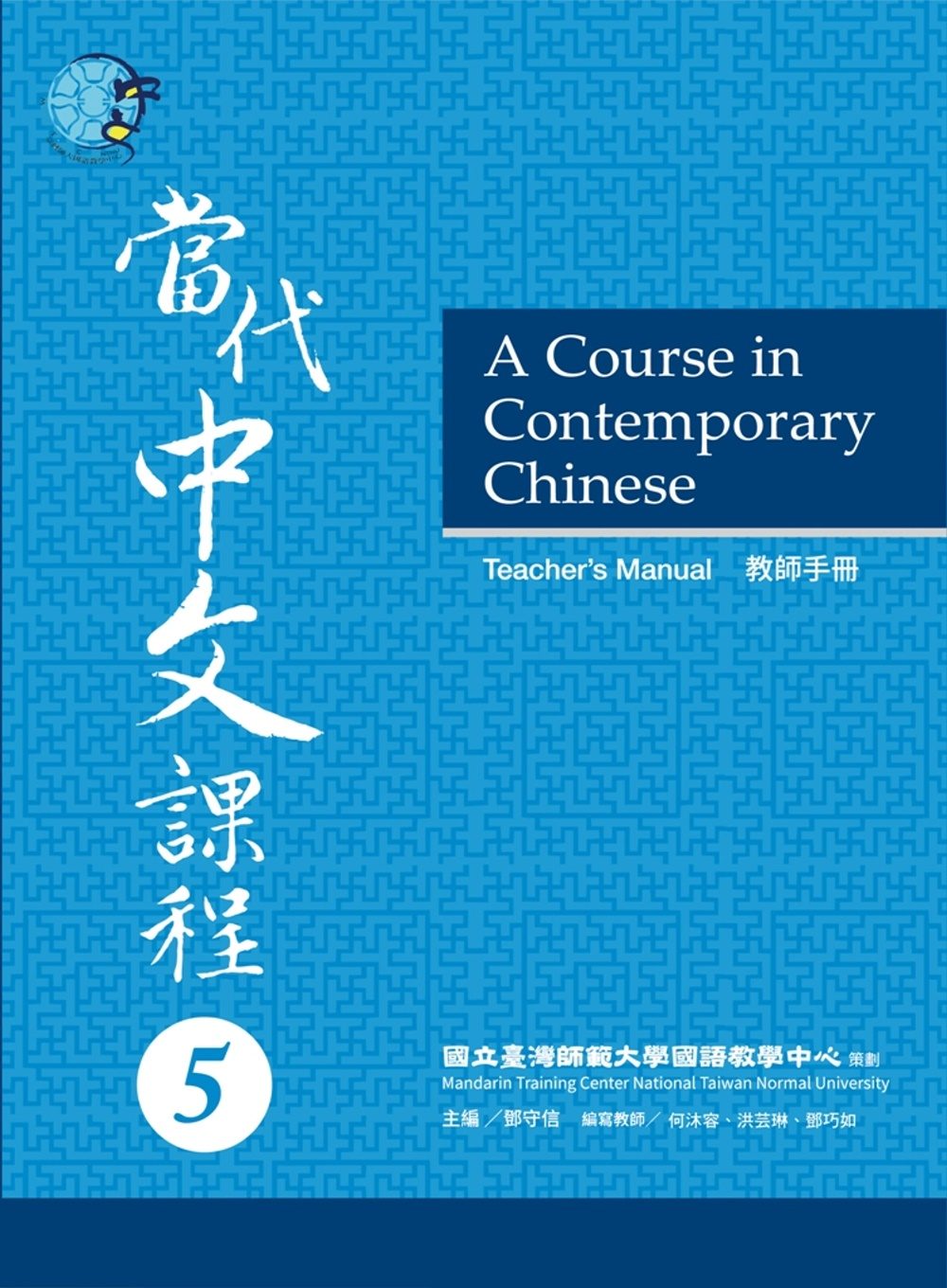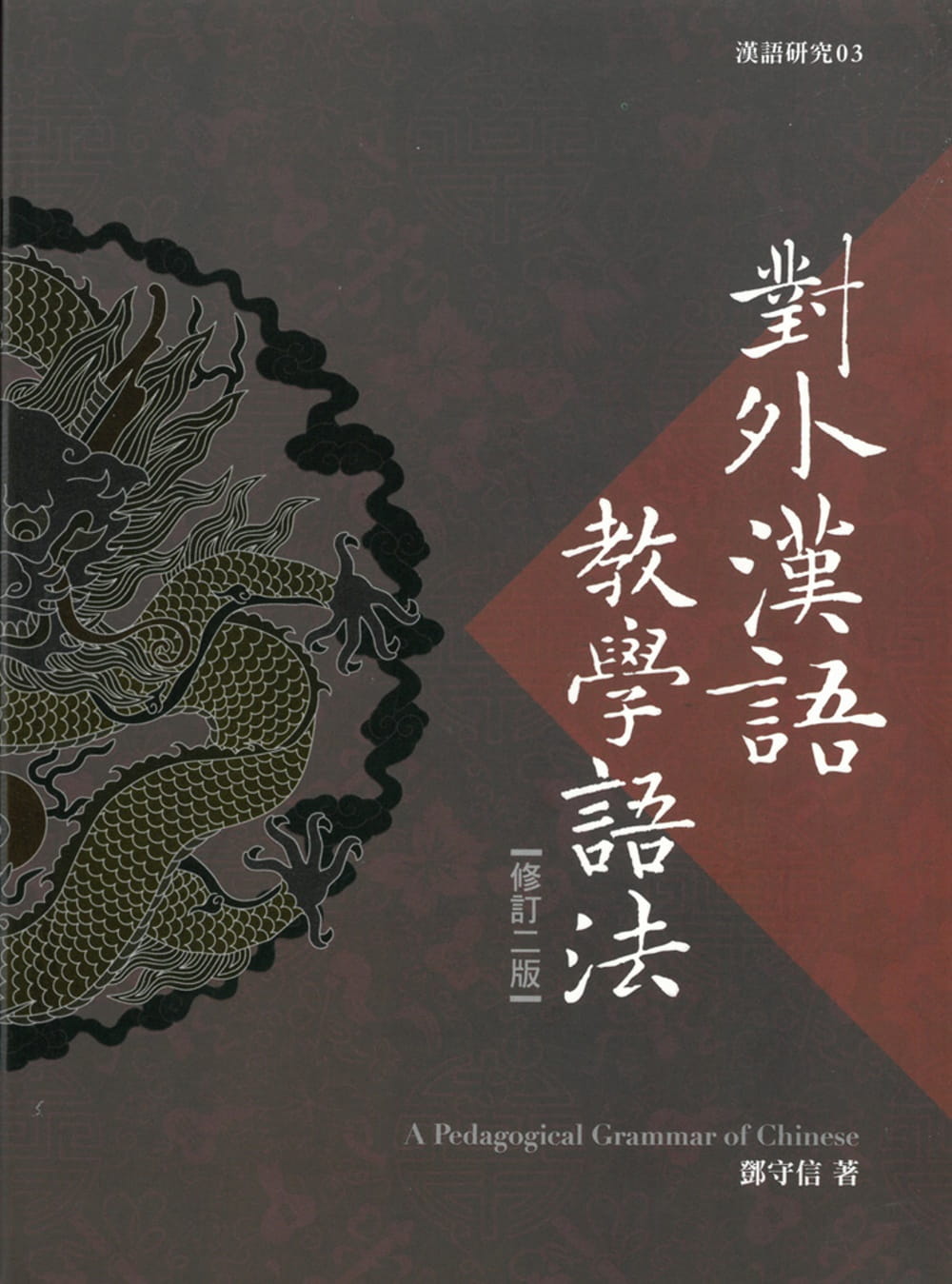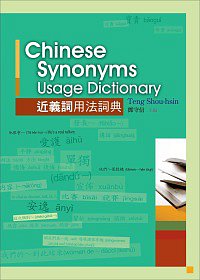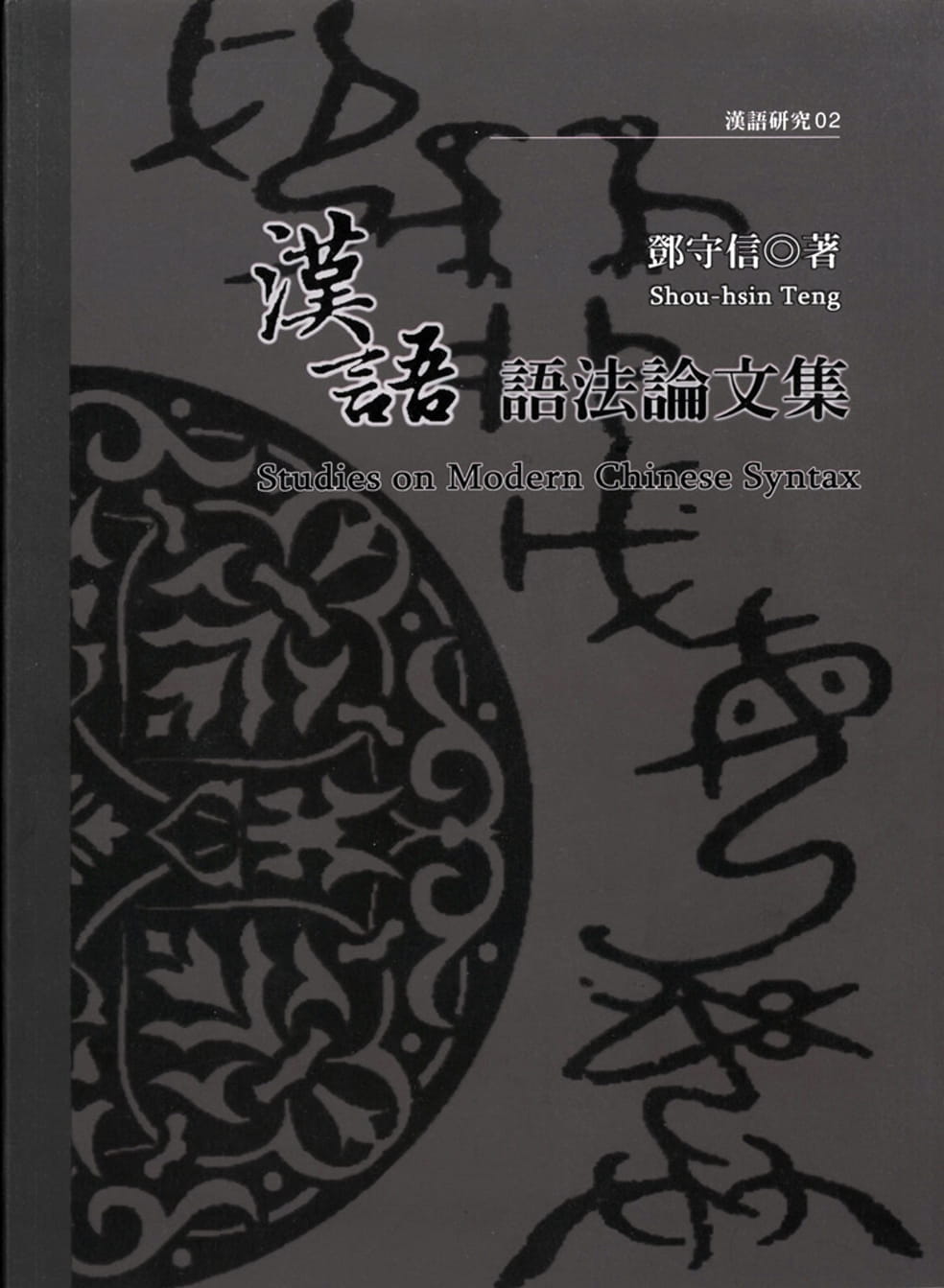A
A-not-A Questions
Answering Questions in Chinese
按照, anzhao, (Prep), in accordance with
?
B
吧, ba, (Ptc), Making Suggestions
把, b?, (Ptc), To Dispose of Something (1)
把, b?, (Ptc), Moving an Object to a Location (2)
把, b?, (Ptc), with V1V2V3 (3)
把, b?, (Ptc), V (一) V, Disposal with Verb Reduplication (4)
把, b?, (Ptc), with Resultative Complements (5)
把, b?, (Ptc), Unintentional Event (6)
把 A 當做 B, (b? A dangzuo B), to treat or take A as B (7)
白, bai, (Adv), in vain, all for nothing
幫, b?ng, (Prep), on behalf of
被, bei, (Ptc), A Passive Marker (See 受 shou entry also)
比, b?, (Prep), Comparison (1)
比, b?, (Prep), Intensifying a State with 一 M 比 一 M, more and more X, more X than the last (2)
比較, b?jiao, (Adv), Implicit Comparison (3)
比起來, b?q?lai, Comparison (4)
畢竟, bijing, (Adv), after all, to Urge Concession
別的, biede, other
別再?了,bie zai…le, stop doing it
並, bing, (Adv), 並 + Negation, Contrary to Expectation
不, bu, vs. 沒, mei, Negation (1)
不, bu, Negative Potential Complement (2)
-部-bu, or -邊-bi?n, Locative Markers
不但 A,還 B, (budan (Conj) A, hai (Adv) B), not only A, but also B
不但 A,而且 B, (budan (Conj) A, erqi? (Conj) B), not only A but also B
不到, budao, less than
不得不, budebu, have no choice but to…
不管 A 都 B, (bugu?n (Conj) A d?u (Adv) B), regardless of whether or not
不見得, bujiande, (Adv), not necessarily
不禁, buj?n, (Adv), uncontrollably, cannot help but…
不如, buru, (Vst), not as good as
不是, bushi, Negation
不是 A 就是 B, (bu shi A jiu shi B), if it’s not A, then it’s B
不是 A,而是 B, (bu shi A, er shi B), not A ; rather B
不說, bushu? , in S1 不說,S2 也y?, not merely, but also (complaining)
不太, butai, not very
不停, bu ting, as in Verb + 個不停, keep on
不再?了, (bu zai…le), not…any more
不只, buzh?, (Adv), not merely, exceeding
不至於, buzhiyu, (Adv), but the situation would not be so bad as to…
?
C
才, cai, (Adv), merely, only (1)
才, cai, (Adv), longer/later than expected (2)
才, cai, (Adv), then and only then (3)
才, cai, (Adv), to outrightly deny (4)
才 A 就 B, (cai A jiu B), only just A, and B already (5)
曾經, cengj?ng, (Adv), experience in the past, V’ed before
差不多, chabudu?, (Vs, Adv), In Various Functions
差一點(就), chay?di?n (jiu), (Adv), almost
趁, chen, (Prep), seize the moment
成, cheng, (Ptc), as Verb Complement, to become, to turn into (1)
成, cheng, (Ptc), As a verb complement, successful(ly) (2)
成語, chengy?, 四字格, Four-Character Phrases
出, ch?, (Ptc), Verb Particle, to have emerged
出來, ch?lai, as Verb Complement, to figure out
除了 A,還 B, (chule (Prep) A , hai (Adv) B), in addition to
Complement of Intensification in Comparison Structures (1)
Complements, 極了jile, 得不得了de budeli?o, 得很de h?n, terribly, extremely (2)
從 A 到 B, (cong (Prep) A dao (Prep) B), from A to B
從 A 往 B, (cong (Prep) A w?ng (Prep) B), go A from B
從?起, (cong (Prep)…q? (Ptc)), starting from…
從來, conglai, (Adv), 從來 + Negation, never
?
D
當?的時候, (d?ng…de shihou), when, while, at the time of
到, dao, (Prep), Destination Marker (1)
到, dao, (Prep), Destination Marker for Movement Verbs (2)
到, dao, (Prep), Post-verbal Preposition, up to, till (3)
到, dao, (Ptc), as Verb Complement, to be successful in… (4)
到底, daod?, (Adv), after all? how on earth…?
倒是, daoshi, (Adv), on the other hand
得, de, (Ptc), Complement Marker (1)
得, de, (Ptc), Complement Marker, used in comparing the results of actions (2)
得, de, (Ptc), Complement Marker, so…that… (3)
得, de, (Ptc), Positive Potential Complement Marker (4) (See 不(2))
的, de, (Ptc), Possessive Marker (1)
的, de, (Ptc), Modifier Marker (2)
的, de, (Ptc), with the Head Noun Omitted (3)
的, de, (Ptc), to Mark Assurance, co-occuring often with會hui (Vaux) (4)
的話, de hua, if, supposing
的時候, de shihou, when, at the time of
等, d?ng, (Ptc), enumeration particle, etc…
等 A 就 B,(d?ng A jiu B), when A comes, then B
的確, dique, (Adv), indeed
掉, diao, (Ptc), Verb Particle, separated from
Directional Constructions V1V2 and V1V2V3
Disposal Construction (See 把b?,1-7)
懂, d?ng, (Vs, Vp), Complement Indicating Cognitive Ability as a Result
動, dong, (Vp), used as a verb complement, capable of causing movement
動不動就, dongbudong jiu, whenever one pleases to do something impetuously
都, d?u, (Adv), totality, all (1)
都, d?u, (Adv), expressing displeasure, annoyance or surprise (2)
對, dui , (Prep), towards
對 A 有B, (dui (Prep) A y?u (Vs) B), to be B in A
對?來說, (dui (Prep)…lai shu?), as far as...is concerned, for
對?講究, (dui (Prep) …ji?ngjiu (Vst)), to be discerning, discriminating, particular about
對於, duiyu, (Prep, Ptc), towards, regarding (1)
對於?而言, (duiyu (Prep)…er yan), as far as… is concerned (2)
多, du?, (Vs), more than, over, and some (1)
多, du?, (Adv), as in 多+Verb, more… than planned (2)
多, du?, (Adv), intensifying, how…! (3)
多少, du?sh?o, (Adv), likely, at least
?
E
而且, erqi?, (Conj), furthermore
Existential Sentence with Posture Verbs (1)
Existential Sentence with有y?u (2)
?
F
反而, f?n’er, (Adv), on the contrary
反正, f?nzheng, (Adv), at any rate, anyway
方面, f?ngmian, (N), as in 在?方面, with respect to; regarding
非?不可, (f?i…buk?), it is imperative that
否則, f?uze, (Conj), otherwise
Four-Character Phrases (See 成語chengy?,)
?
G
V 個夠, V ge gou, to have a full dosage of an activity
各 V 各的, (ge V ge de), each doing her/his own…
給, g?i, (Prep), Various Meanings (1)
給, g?i, (Prep), Indirect Object Marker (2)
給?帶來, (g?i (Prep)…dailai), to bring…to (3)
跟, g?n, (Prep), Companionship (1)
跟, g?n, (Prep), Various Meanings of the Preposition (2)
跟?一樣, (g?n (Prep)…yiyang), Comparison
跟 B 有關的 A, (g?n (Prep) B y?ugu?n de A), A that relates to B, A that concern B
根本, g?nb?n, (Adv), not…at all, absolutely not
更, geng, (Adv), Intensification in Comparison, even more so
更別說 B 了, (geng bie shu? B le), let alone, never mind
慣, guan, (Ptc), indicating ‘getting used to a routine’
光 A 就 B, (gu?ng (Adv) A jiu (Adv) B), just A alone…
關於, gu?nyu, (Vs, Ptc), about, regarding
過, guo, (Ptc), Experience Aspect (1)
過, guo, (Ptc), Phase Aspect Marker, Completion of Action (2)
?
H
還, hai, (Adv), still (unchanged, incomplete) (1)
還, hai, (Adv), to my surprise (2)
還是 A 吧, (haishi (Adv) A ba (Ptc)), it will be better if A, it would be best if A
好, h?o, as in 好+Verb, nice to, easy to (1)
好, h?o, (Ptc), as Verb Complement, all set and ready (2)
好不容易, h?obu rongyi , (idiom), only after a tremendous amount of...
何必, hebi, (Adv), why must
何況, hekuang, (Adv), let alone, no need to mention
很, h?n, (Adv), Intensification Marker
恨不得, henbude, one really wishes one could…
後來, houlai, (Adv), next in sequence
會, hui, (Vaux), aquired skills, can, able to (1)
會, hui, (Vaux), likelihood (2)
會, hui, (Vaux), as Verb Complement (3)
?
J
既 A 又 B, (ji (Adv) A you (Adv) B), not only A, but also B
既然 A 就 B, (jiran (Conj) A jiu (Adv) B), Concession, since A then B
見, jian, (Ptc), as Verb Complement, perceived
漸漸, jianjian, (Adv), gradually, slowly
簡直, ji?nzhi, (Adv), to put it simply and plainly, it seems as if
叫, jiao, (V), Imperative Verb
結果, jiegu?, (Adv), consequently, (Conj), in the end
幾乎, j?h?, (Adv), almost
經過, j?ngguo, (Prep), after
竟然, jingran, (Adv), to the speaker’s great surprise, unbelievably
就, jiu, (Adv), sooner than expected (1)
就, jiu, (Adv), in V了A 就 B ,(V le A jiu B), do B right after doing A (2)
就, jiu, (Adv), on the contrary (3)
就算 S1,也 S2, (jiusuan S1, y? S2), even if S1, would S2, no matter how
就要?了, (jiu yao… le), will soon
究竟, jiujing, (Adv), I wonder
居然, j?ran, (Adv), to one’s surprise
?
K
看, kan, (V), as in V V 看, to try and see, to try out (1)
看, kan, (V), depend on (2)
靠, kao, (V / Prep), to rely on, by means of
可, k?, (Adv), but on the other hand, stating a mild warning
可見, k?jian, (Conj), it can thus be concluded that…
可以, k?y?, (Vaux), Permission (1)
可以, k?y?, (Vaux), Possibility (2)
恐怕, k?ngpa, (Adv), probably, I’m afraid that
快一點, kuai yidi?n, hurry up
?
L
來, lai, (V), as in 來 + VP, to come to do something (1)
來, lai, as a verb complement, to get along well, to be able to relate to each other well (2)
了1, le, (Ptc), Completed Action (1)
了1 , le, (Ptc), Followed by Time-Duration (2)
了2, le, (Ptc), Change in Situation (3)
了2 , (Ptc), in 快?了, kuai…le, about to (4)
了1?了2, (le (Ptc)… le (Ptc)), Completion-to-date (5)
離, li, (Prep), distance from
離合詞, liheci, Separable Verbs
連 A 都 B, (lian (Prep) A d?u (Adv) B), even
了, li?o, (Ptc), as Verb Complement, capability
另外的, lingwai de, another (See 別的biede)
亂, luan, (Adv), as in 亂+Verb, to do somethng in an irresponsible manner risking undersirable consequences
?
M
嗎, ma, (Ptc), Asking Questions (1)
嗎, ma, (Ptc), Confrontational (2)
嘛, ma, (Ptc), isn’t it obvious that
滿, m?n, (Vs), as Verb Complement, crowded with (1)
滿, m?n, (Vpt), to reach a ceiling (2)
Measures, (nominal), Units for Counting Nouns in Chinese (1)
Measures, (verbal), 下 xia, 趟 tang, 遍bian, and 次ci (2)
Measure 一M一M as Manner, one at a time
沒有, mei y?u, as used in Inferior Comparison
每, m?i, (Det), each and every (1)
每, m?i, (Det), as in 每+Time Expression, Frequency (2)
免得, mi?nde, (Adv), lest, so as to avoid
明明, mingming, (Adv), it should be obvious to everyone that…
Multiple Verb Phrases
?
N
拿?來說, (na (Prep)…lai shu?), take…as an example
哪裡, n?l?, (Adv), rhetorical question
難, nan, as in 難 + Verb, Special Meanings (See 好 (1))
難道, nandao, (Adv), how could it possibly be true
難得, nande, (Adv), rarely
難怪, nanguai, (Adv), no wonder
難免, nanmi?n, (Adv), inevitably, it is only natural that
難以, nany?, (Vaux), to find it difficult to…
呢, ne, (Ptc), Contrastive tag Questions
能1, neng, (Vaux), Capability (1)
能2, neng, (Vaux), Permission (2)
能3, neng, (Vaux), Possibility (3)
寧可 A 也要 B, (ningk? (Adv) A, y? (Adv) yao (Vaux) B), would rather A , in order to B
弄, nong, (V), General Pro-Verb (1)
弄, nong, (V), General Causative Verb (2)
?
O
Omission of Nouns at 2nd Mention
?
P
偏偏, pi?npi?n, (Adv), contrary to expectation, deliberately, annoyingly
Pronouns Interrogative to Refer to All-inclusion or All-exclusion (1)
Pronouns Interrogative in Non-committal Stance (2)
?
Q
起, q?, (Ptc), as Verb Complement, to be able to afford (1)
起, q?, (Ptc), as Verb Particle, to touch upon (2)
起來, q?lai, as Verb Complement, assessment of situations (1)
起來, q?lai, as Verb Complement in 想起來xi?ngq?lai, to have remembered (2)
起來, q?lai, as Verb Complement, with inchoative meaning (3)
其他的, qit? de, the others (See 別的biede)
去, qu, (Vi), as in 去+VP, to go do something
卻, que, (Adv), however
?
R
讓, rang, (V), to let someone do something
然後, ranhou, (Adv), next in sequence (See 後來houlai)
Reduplication of Verbs, to indicate softened action (1).
Reduplication of State Verbs for Intensification (2)
Reduplication of Disyllabic State Verbs (3)
Reduplication of Disyllabic Verbs for Tentative Action (4)
Reduplication of Verbs in V了V (5)
Relatve Clause A 的 B, Clause as Modifier of Noun
仍然, rengran, (Adv), still the same, same as before
Repetition of Verbs, as in V 來 V 去, (V lai V qu) , repetitively, back and forth
?
S
Separable Verbs (See 離合詞liheci,)
似乎, sih?, (Adv), it seems that, it gives somebody the impression that
所, su?, (Ptc), Verb Marker
上, shang, (V), Various Meanings of the Verb (1)
上, shang, (Ptc), as Verb Complement, coming into contact (2)
上, shang, (Ptc), as in 在 NP 上, regarding NP (3)
少, sh?o, (Adv), as in 少+Verb, less… than planned (See 多(2))
誰知道, shei zh?dao, who would have thought that…?
什麼都?,就是?, (shenme d?u…, jiushi…), everything but…
甚至, shenzhi, (Adv), even
是, shi, (Ptc), it is indeed true that
是?的, shi…de, to Focus, it was A that B
是不是, shibushi, is it the case that…?
使得, sh?de, (Vst), expressing causation, so as to make
受, shou, (Vst), a Passive Marker (see also 被bei entry)
受到?影響, (shoudao…y?ngxi?ng), to be influenced by, affected by
說, shu?, (V), speak, vs. 談, tan, (V), talk
說到, shu?dao, talking of
說 A 就 A, (shu? A jiu A), happening instantly without prior warning
死了, s?le, A Post-Verbal Intensifier, terribly
四字格, sizige, Four-Character Phrases (See 成語chengy?)
算了, suanle, forget it, drop it
算是, suanshi, (V), can be considered…
隨著S1,S2 也, (suizhe (Prep) S1, S2 y? (Adv)), as a consequence of
?
T
太?了, tai (Adv)…le, overly, excessively
談, tan, (V), talk, vs. 說, shu?, (V), speak (See 說shu?)
談到, tandao, talking of (See 說到shu?dao)
Time and Place of Events (1)
Time-When vs. Time-Duration (2)
Time-Duration ‘for a period of time’ (3)
Topic in Sentence (1)
Topic as Contrastive (2)
透過, touguo, (Prep), by means of
?
W
完, wan, (Ptc), as Verb Complement, completion of action
萬一, wany?, (Adv), supposing, in the event of something negative
往往, w?ngw?ng, (Adv), usually, tend to
為, wei, (Prep), Beneficiary Marker, beneficiary of an action
為了, weile, (Prep), in order to
無論 A 都 B, (wulun (Conj) A d?u (Adv) B), regardless of what…
無所謂, wusu?wei, (Vs), does not matter
?
X
下, xia, (Ptc), as Verb Complement, enough space to accommodate
下來, xialai, a summary of the various meanings of the verb complement下來
下去, xiaqu, as Verb Complement, to keep on doing something
先 A 再 B, (xi?n (Adv) A zai (Adv) B), first A, and then B
向, xiang, (Prep), to, toward
A 像 B 一樣, (A xiang B yiyang), A is just like B
像…的+ Noun, (xiang…de + Noun), such (nouns) as
幸虧, xingku?, (Adv), fortunately
?
Y
要是 A 就 B, (yaoshi A jiu B), Condition and Consequence
以, y?, (Prep), classical Chinese, indicating instrument
以後, y?hou, (N), in the future, after (Also see 後來houlai)
以及, y?ji, (Conj), as well as
以內, y?nei, within
一A 就 B, (yi A jiu B), as soon as
一般來說, yib?n laishu?, generally speaking
一邊 A 一邊 B, (yibi?n A yibi?n B), connecting two simultaneous events, doing A and B at the same time
一點, yidi?n, (N), a bit, a little
一點也不 V, (yidi?n y? bu V), emphatic negation
一方面 A,一方面 B, (yi f?ngmian A, yi f?ngmian B), doing A on the one hand, B on the other
一口氣, yik?uqi, in one breath, without interruption
一來 A,二來 B, (yilai A, erlai B), on the one hand A, and on the other B; firstly A, secondly B
一連, yilian, (Adv), without interruption, in rapid succession
一下 A,一下 B, (yixia A, yixia B), referring to alternating events
一向, yixiang, (Adv), all along, has always…
以為, y?wei, (Vst), to have wrongly thought that …
因為 A,所以 B, (y?nwei (Conj) A, su?y? (Conj) B), to express cause and effect
因為 A 才 B, (y?nwei (Conj) A cai (Adv) B), only because A, B…; B is true, only since A is like this
因為 NP,S…, (y?nwei (Prep) NP, S…), because of NP, S…
因為 A 而 B, (y?nwei (Conj) A er (Adv) B), therefore, consequently
由, you, (Prep), Introducing an Agent, an Actor
尤其是, youqi shi, especially
有, y?u, (Vst), to possess, to have, to own (1)
有, y?u, (Vs), in Existential Sentence, there’s… (2) (See Existential Sentence with 有)
有, y?u, (Vs), to mark the existence of a subject, there’s someone, there’s something… (3)
有時候 A, 有時候 B, (y?u shihou A, y?u shihou B), sometimes A, and sometimes B
有一點, y?u yidi?n, slightly
有助於, y?u zhu yu, be conducive to
又A又B, (you (Adv) A you (Adv) B), both A and B
與其 A,不如 B, (y?qi (Conj) A, buru (Conj) B), would rather B than A
於是, yushi, (Conj), thus, consequently, thereupon
越 A 越 B, (yue (Adv) A yue (Adv) B), the more A, the more B
?
Z
在, zai, (Prep), Locative Marker, at, located at, situated at (1)
在, zai, (Prep), Marking the Location of an Activity (2)
在, zai, (Vs), Progressive, On-going Actions, at Ving, is in the middle of V+ing (3)
在, zai, as Verb Complement, Resultant Location (4)
在?方面, (zai...f?ngmian), with respect to; regarding (See 方面f?ngmian)
在?下, (zai…xia), under the…, due to the…
再 A 也 B, (zai A y? B), no matter how A, still B
再不 A 就 B 了, (zai bu A jiu B le),urgent conditional, if A doesn’t happen now, B is sure to follow
再加上, zai ji?shang, furthermore
再說, zaishu?, (Conj), besides, moreover
早就?了, (z?o jiu…le), long since…
怎麼, z?nme, (Adv), asking how, asking about a manner of doing things, how, in what way
怎麼這麼, z?nme zheme, why so…?
占, zhan, (Vst), to constitute
照, zhao, (Adv), deliberately, persist in
這麼說, zheme shu?, that being the case, in that case
這下子, zhexiazi, that being the case, as a consequence
這樣一來, zheyang yilai, that being the case, that way
著, zhe, (Ptc), ongoing, continuative action, in the state of V+ing (1)
著, zhe, (Ptc), used in Manner of an Action (2)
著, zhe, (Ptc), repeated, as in V 著 V 著,就?了, (V zhe V zhe, jiu…le), while doing A, B happens (3)
V 著玩, V zhe wan, do something just for fun
只不過?(而已), (zh? buguo…(ery?)), merely…; nothing more than…
只好, zh?h?o, (Adv), concession, could only, have no choice but to
只要 A,就 B, (zh?yao (Conj) A, jiu (Adv) B), B is true, as long as A is true.
只有 A,才 B, (zh?y?u A, cai B), cannot B, unless A
至於, zhiyu, (Ptc), introducing a new topic, as to, as far as… is concerned
中, zh?ng, a summary of the various meanings
自, zi, (Prep), from (formal)
自從?以後, (zicong (Prep)…y?hou (N)), ever since...
總是, z?ngshi, (Adv), always, in all cases, without exception
總算, z?ngsuan, (Adv), finally
走, z?u, (Ptc), as a Verb Particle, away
?
索引
?












